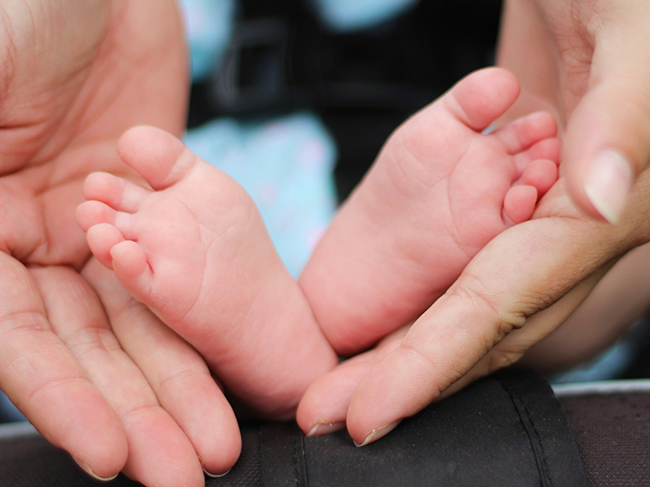As discussed in my last blog post, children are hardwired to learn, and your baby’s experiences will have a profound influence on what learning transpires. That’s where you, the parent, come in: it is the experiences you give to your child during the early years that truly help shape the person he is to become.
The importance of physical and emotional attention
If your child is deprived of such physical and emotional attention, he will fail to thrive cognitively and emotionally. And in the most extreme cases, he can even die.
Animal researchers discovered this as early as 80 years ago. Researchers in the 1940s found that primates who were deprived of mother after birth fixated on any available object as mother. And when they were deprived of further social interaction, they developed mental illness and depression. Mice who are isolated from their mothers and who are denied their mothers’ instinctive and constant licking, overproduce cortisol in their blood, which distorts the natural expression of their genes and changes the structure of their developing brain. This not only negatively affects their IQ, but also makes them more high-strung and less able to handle stress.
A 30-year longitudinal study examined 13 borderline cognitively disabled newborns who were placed in an orphanage. Each day, a cognitively disabled teenager was assigned the same newborn and, under supervision, was just asked to hold and cuddle the baby. At the end of one year, all thirteen newborns were no longer borderline and exhibited average intelligence. Eleven were adopted out and their progress was followed. Many of them went on to white collar careers such as teaching, accounting, and others. Meanwhile, the two children left behind in the orphanage, slipped back into cognitive disability.
These studies demonstrate that inadequate maturing can inhibit critical areas of the brain from developing, which can lead to a disastrous outcome for your child’s mental and physical growth. These studies also demonstrate that you have to be present to respond to your child’s needs and bond, to frame and form the smart connections so needed for emotional, moral, and academic success. A few minutes a day won’t cut it and won’t get the job done. A focus on quality over quantity also won’t cut it.
When it comes to bonding, more simply is more. This means that if it is at all possible, it is far preferable for your child to be with you throughout the day. In Kenya, for example, most babies under six weeks old are at home with their mothers. And even after that, rather than hand their babies off to nannies or daycare centers, mothers or fathers thoroughly wrap their babies and strap them to their own bodies. Due to the utter closeness of their children, parents are keenly aware of their needs as they arise and, as a result, Kenyan babies are said to rarely cry. This parental presence, attention to needs, and rapid meeting of needs leads to well-bonded, emotionally secure children – something that modern Western culture has not yet figured out how to accomplish successfully.
But what happens when both parents work, as is common in the West, and must leave their baby in another’s care? Since your baby sees you as inseparable from himself, being handed off to daycares or nannies – and apart from you – can trigger separation anxiety within him. This anxiety sets off a biological storm of stress hormones, causing the “fight or flight” response, which activates certain stress hormones, including cortisol.
Studies have used saliva tests to demonstrate the rising cortisol levels in children detached from their mothers too early. Although cortisol is necessary for proper body functioning and can be helpful in short durations, when it is produced to excess or persists over a long duration, it bathes the brain in a destructive amount of stress hormones.
Studies in rats have shown that excessive amounts of cortisol actually kill neurons. Raised levels of cortisol for prolonged periods also impair functioning of the immune, digestive, circulatory and reproductive systems as well as affect the growth response. In short, excessive or prolonged stress can affect your baby in tremendous ways, with dire consequences.
But the answer is not simply to have your baby always with you. A secure bond doesn’t just happen. Instead, it must be created deliberately, consciously, and skillfully through the commitment, obligation, and responsibility of parenthood.
The good news is that, regardless of your own background or current situation, you can be what your child needs. For example, researchers have shown that your socioeconomic status accounts for only 10 percent of the variance in your child’s academic success. It is what you do – supporting him, cuddling him, interacting with him and encouraging his reading experience, among other things – that has far more impact on your child’s development than what degrees you’ve earned or how much you have in the bank.


